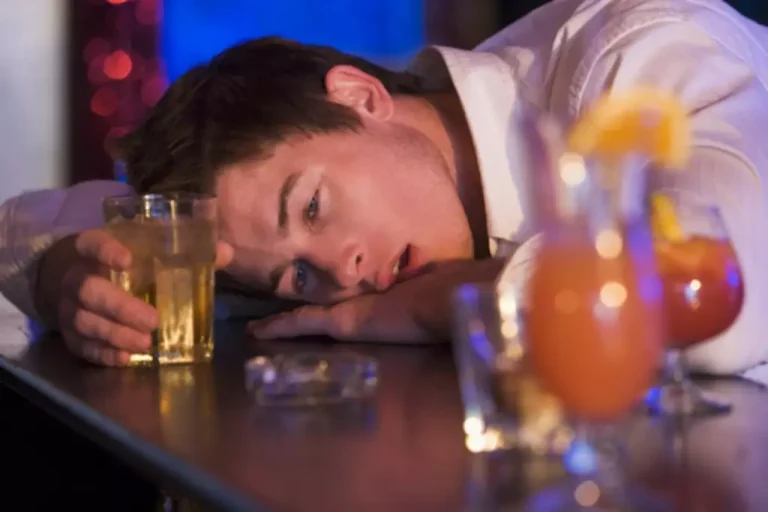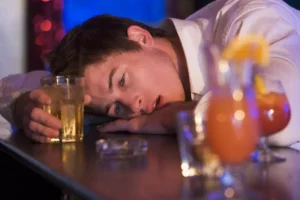
Most of our members (90%) have tried cutting back, however, few experienced any long-term success in changing their relationship with alcohol. These numbers show us that it is HARD to break the routine once we have developed a dependence on alcohol to unwind at the end of the day. American Addiction Centers (AAC) is committed drinking after work to delivering original, truthful, accurate, unbiased, and medically current information.
- An important aspect to consider is the immediate effect alcohol has on heart rhythm, particularly in individuals with a history of cardiac arrhythmia such as atrial fibrillation.
- If you find yourself or someone you know struggling to maintain a healthy balance with alcohol, especially in the context of after-work socializing, professional support can be invaluable.
- This is easy to do if you are at an event where you order or mix your own drinks.
- Plus, studies also show that alcohol may decrease levels of human growth hormone (HGH), which helps the body build muscle.
- Make this plain to co-workers from the outset so as to avoid any embarrassment or misunderstanding.
The Dangers of Drinking After Work

But sometimes uncomfortable symptoms stick around for months or years. Withdrawal happens because your brain gets used to the depressive effects of alcohol. These chemical changes affect how your nerve cells talk to each other. Over time, the nervous system can get worked up when there’s no alcohol in your system. “The best choices for fueling your body after exercise are protein and complex carbs.

The Dangers of Drinking After Work: What You Need to Know
This article delves into the effects of drinking alcohol after exercise to explore whether there are health benefits to a post-workout toast — or just a potential hangover. Some people never notice feelings of depression — or any negative https://ecosoberhouse.com/ effects at all — after drinking moderately. Others might begin feeling depressed or anxious after just one drink.
More on Substance Abuse and Addiction

But if you’re really worried about judgment (or being perceived as judgmental yourself), Kiepek recommends falling back on one of several widely socially accepted, or even valued, explanations for one’s choice not to drink. ADA accommodations might include time off to attend Alcoholics Anonymous meetings or other rehabilitation. It is important, Shea said, that the employer not treat the employee who has alcoholism differently from an employee who does not have alcoholism but who shows up to work hung over a few times a year.
- Tell your doctor if you see, hear, or feel things that aren’t there.
- Sign up for our newsletter and wake up to a healthy dose of Hello Sunday Morning goodness delivered straight to your inbox every fortnight.
- However, if after you politely decline a drink your colleagues continue to force the issue, then you may be involved in an overall toxic workplace culture—and it might be worth seeking new employment.
- And this way you can still feel like part of the crowd, but without getting drunk.
How Long Should You Wait to Drink Alcohol After a Workout?
In many cases, especially early in the pandemic, pub happy hours simply moved to Zoom. Given the potential for severe health outcomes, including liver failure and hepatocellular carcinoma, reducing excessive alcohol intake is critical. The recent COVID-19 pandemic saw a rise in alcohol consumption, which is projected to result in thousands of additional deaths from liver disease in forthcoming years, as reported by Harvard Gazette. This underscores the importance of addressing alcohol consumption from both individual and public health policy perspectives to mitigate the risk of liver disease. Alcohol, as a depressant, can initially create a sense of relaxation. However, over time, it impairs brain function and can reduce the size of the hippocampus, an area crucial for memory and learning.
- Just like a broken bone or infection needs time to heal, so does an overworked liver.
- But if you’re really worried about judgment (or being perceived as judgmental yourself), Kiepek recommends falling back on one of several widely socially accepted, or even valued, explanations for one’s choice not to drink.
- Regular after-work drinking is a cultural norm in many professional environments.
- Alcoholism is a disease that slowly develops over time, not all at once.
- Withdrawal happens because your brain gets used to the depressive effects of alcohol.
